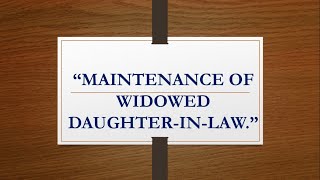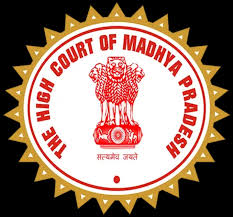@JUDGMENTTAG-ORDER
M.Y. Eqbal, J.@mdashThe petitioners claiming themselves to be the daughters of late Badhni Ghatwarin, have challenged the order dated 11.2.2005 passed by the Land Acquisition Judge, Bokaro in L.A. Execution Case No. 9/90 whereby the learned Judge refused to allow the petitioners to continue the execution proceeding by substituting their names in place of the deceased, Budhni Ghatwarin for the recovery of the compensation amount.
2. It appears that the raiyati land belonging to late Budhni Ghatwarin was acquired for construction of Bokaro Steel Plant and a award was passed. Late Budhni Ghatwarin being dissatisfied with the amount of compensation, got the matter referred to Land Acquisition Judge u/s 18 of the Land Acquisition Act for enhancement of compensation. The amount of compensation was enhanced by the Land Acquisition Judge in L.A. Case No. 12/96. The deceased, Budhni Ghatwarin levied Execution Case No. 9/90 for the recovery of the compensation amount. It is stated by the petitioners that the enhanced amount of compensation with interest has already been deposited by the respondent-State. However, during the pendency of the Execution Proceeding, the decree holder, Budhin Ghatwarin, died leaving behind the petitioners as heirs and legal representatives. The petitioners, therefore, filed a petition on 9.7.2005 for substitution of their names in place of their deceased-mother and to allow them to continue the Execution Proceeding. That has been disallowed by the execute the decree or order against the debtor for payment of his debt without bringing succession certificate. In other words, Section 214(1)(b) only bars institution of Execution Proceeding by a person on succession and does not debar the continuance of the Execution Proceeding which had already been instituted by the original decree holder. A Division Bench of the Patna High Court, in the case of
"The relevant provision on the question at issue is contained in Section 214(1)(b) of the Indian Succession Act, according to which a succession certificate is required to be produced if a person claiming on succession to be entitled to the effects of the deceased person wants the Court to proceed, upon an application made by him, to execute against a debtor of the deceased, a decree or order for the payment of his debt. Exactly similar provision was made by Section 4(1)(b) of the Succession Certificate Act (Act VII of 1889), before the enactment of the present Indian Succession Act.
A Bench of the Calcutta High Court in Mahomed Usuf v. Abdur Rahim ILR Cal 839 (A), interpreted that section to mean that the bar to the Court for proceeding with the execution applied only to an original application made by a person claiming to be entitled to the effects of a deceased person and not to the application which was originally made by the decree holder himself and was, on his death, sought to be continued by his heirs. I entirely agree with the view taken in this case.
A reading of the provisions of Section 214(1)(b) of the Indian Succession Act makes it perfectly clear that it only bars the institution of execution proceedings by a person claiming on succession and does not bar the continuance of a proceedings which had been instituted by the original decree-holder. Execution proceedings; having once been instituted by the original decree holder, his heirs can continue them without the production of the succession certificate irrespective of whether they are heirs by the principle of inheritance or by survivorship."
3. Similar view was taken by the Patna High Court in a subsequent decision in the case of
4. In the case of
5. As noticed above, the provisions of Section 214(1)(b) of the Act debars the Court from entertaining an application for execution of a decree or order for payment of debt by the heirs on the death of the decree holder. It does not debar the Court from proceeding with the execution proceeding by allowing the heirs and legal representatives of the deceased decree holder to continue the proceeding on the death of the decree holder. In my opinion, therefore, the Court below has not correctly appreciated the provisions of Section 214 of the Act. The impugned order, therefore, cannot be sustained in law.
6. For the aforesaid reason this application is allowed and the impugned order is set aside. The Court below is directed to allow the petitioners to continue the execution proceeding.

